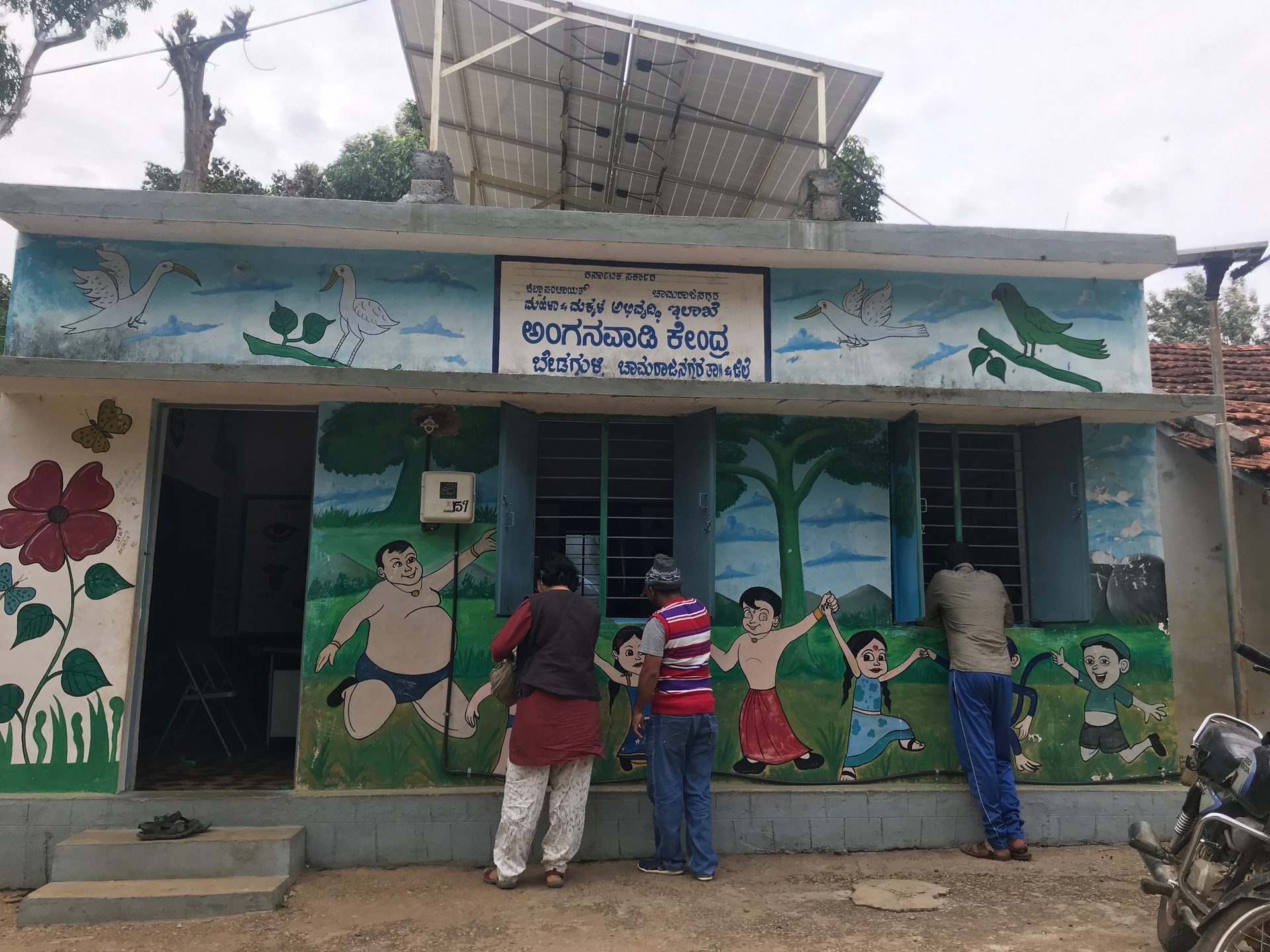
Enhancing the role of community health workers in service utilization of tribal populations: An Implementation Research Study
Research shows that Scheduled Tribes (ST) face high levels of chronic undernutrition, anaemia and iodine deficiency, as well as malaria. Geographical and socio-economic constraints mean that the toll of infectious diseases like tuberculosis, hepatitis, and HIV/AIDS can be uniquely high among these populations in some parts of the country, accompanied by a concomitant doubling in the prevalence of overweight/obesity across genders in ST populations. In addition to this, one in four tribal people has hypertension (figures are significantly higher in Gujarat and Kerala), and both the consumption of tobacco (10-18 points higher) and alcohol (14-21 points higher) greater as compared to non-tribal people.
While great gains have been made in both understanding and eradicating disease burdens for these populations, health systems studies, and studies assessing service utilization and delivery are limited. Further, Community Health Workers or ASHAs, have helped in improving maternal and child health outcomes as well as reducing the toll of infectious diseases – the very service areas where tribal populations face great barriers. Given the recent focus on universal health coverage reform, and the recommendations of the High-Level Committee on the Socio-Economic, Health and Educational Status of Tribal Communities of India, there is a need to more deeply enhance and improve the contribution of CHW programmes in service of tribal health needs. In this study, we draw attention to tribal minority populations in the Nilgiris Biosphere Reserve region, spanning the southern Indian states of Karnataka and Kerala. Notwithstanding that both states have relatively strong health systems, by virtue of being a small and relatively isolated, tribal populations have limited access to programmes and services– they are being left behind.
Research Objectives
- To characterize the provenance, content, and assess health service utilization facilitated by existing community health worker programmes carried out by state (in tribal affairs, environment and forestry, and health departments) and non-state actors in service of two isolated tribal communities of India in Kerala and Karnataka
- To assess the barriers and facilitators of service utilization facilitated by these programmes from the perspective of community health workers, community members, as well as state and non-state actors involved in their implementation; and
- To propose state-specific and generic recommendations to improve the design of and coordination between community health worker programmes in tribal settings in order to improve service utilisation, using the National Rural Health Mission’s ASHA programme as a frame of reference, with an emphasis on the recognition and participation of tribal communities in promoting their health.
Methodology
This study is guided by a conceptual framework that sought to develop recommendations to improve the role of community health workers in service utilisation by tribal populations in two sites:
- Chamarajanagar district in Karnataka looking at community health workers (ASHAs) working with the Soliga people
- Wayanad district in Kerala looking at the hamlet ASHA programme in relation to the different tribal communities and existing community health workers working with them
The study is being implemented across 6 phases:
- Phase 1: Preparatory phase for data collection IRB review and local permissions
- Phase 2: In-depth interviews with key informants, local community leaders, and district officials in each site
- Phase 3: Data analysis and preparation for community based fieldwork
- Phase 4: In-depth interviews with community health workers and focus group discussions with tribal population; annual progress report
- Phase 5: In-depth analysis workshop, and in-depth interviews with national key informants
- Phase 6: Manuscript-writing and state level dissemination workshops; final report of grant
Current Status
Fieldwork for the study is underway and progressing phase-wise. The annual progress report was submitted to ICMR at the end of year one, focusing on key informant data and analysis of programme documents; with concurrence received to proceed. Permissions for and conduct of community based fieldwork is taking place at present and will be triangulated with aforesaid data in due course with regular check-ins with state authorities and community partners for their response and review.
Expected outputs
In addition to typical research outputs like peer reviewed journal articles, the teams in both sites are regularly in touch with the local implementers at the district level and share their findings with them and seek their inputs. In the next phases, the teams will be finalising the organisation and scheme mapping reports, and conducting district level workshops bringing different actors together to validate the findings and identify key recommendations that are relevant to the local but also to similar contexts across the state and country.


